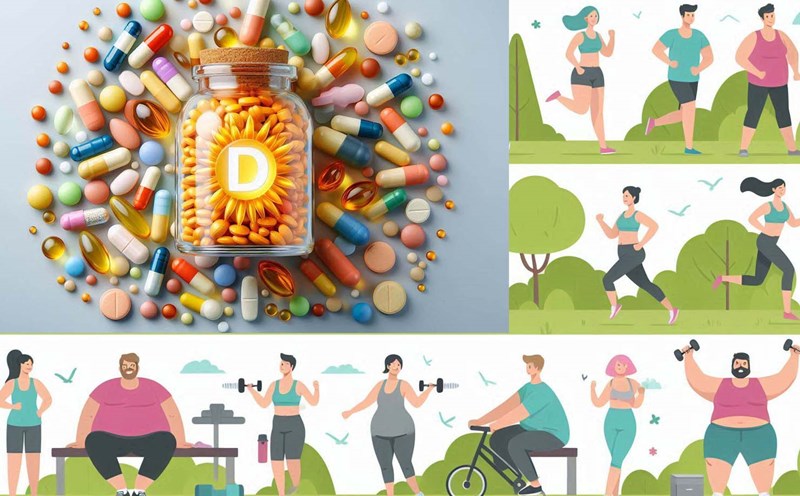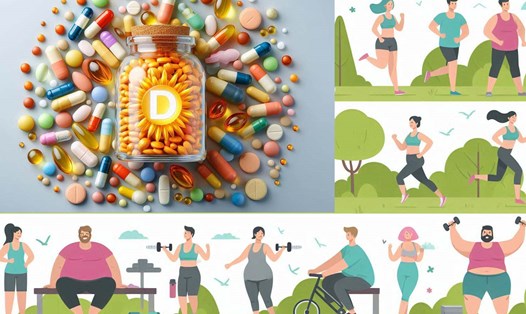Dr. Pranav Hondavara Srinivasan - Senior Digestive Advisor at Sparsh Bengaluru Hospital (India) - said that Vitamin D is essential for the body because it helps support immunity, reduces the risk of heart disease, regulates mood and maintains overall health.
Here are common mistakes to avoid to maximize the benefits of vitamin D, as outlined by Dr. Pranav Honnavara Srinivasan:
Use too high a dose
Some people think that more vitamin D is better, but taking too high a dose (over 4,000 IU per day — about 268 mg) can lead to vitamin D toxicity. This can cause high levels of calcium in the blood, leading to kidney and heart problems.
Not checking blood vitamin D levels
Many people supplement vitamin D without knowing exactly how much vitamin D they have. Uninformed supplementation can lead to vitamin D deficiency or excess.
Supplementing vitamin D without paying attention to other nutrients
Vitamin D needs the support of other nutrients such as magnesium, calcium, and vitamin K2 to work best. A deficiency in any of these nutrients can reduce the effectiveness of vitamin D or cause unwanted side effects.
Taking vitamin D at the wrong time
Vitamin D is a fat-soluble vitamin, which means your body needs some fat to absorb vitamin D better. If you take vitamin D on an empty stomach or without fatty foods, vitamin D absorption may not be optimal.
Using the wrong type of vitamin D
There are two common types of vitamin D: vitamin D2 and vitamin D3. Vitamin D3 is more effective and better used by the body than vitamin D2.
Do not combine supplementation with sunlight exposure
An important source of vitamin D is sunlight. Many people tend to rely solely on supplements rather than taking advantage of natural sunlight. This can lead to a vitamin D deficiency in the long term.
Vitamin D supplementation without considering underlying medical conditions
Certain medical conditions such as kidney disease or fat absorption problems (such as Crohn's disease, inflammatory bowel disease) can affect the ability to absorb vitamin D. Vitamin D supplementation without taking into account underlying medical conditions may not be effective.
Relying only on supplements without paying attention to diet
In addition to supplements, a varied and nutritious diet is still important to maintain healthy vitamin D levels. You should add foods rich in vitamin D such as salmon, mackerel, and egg yolks.











